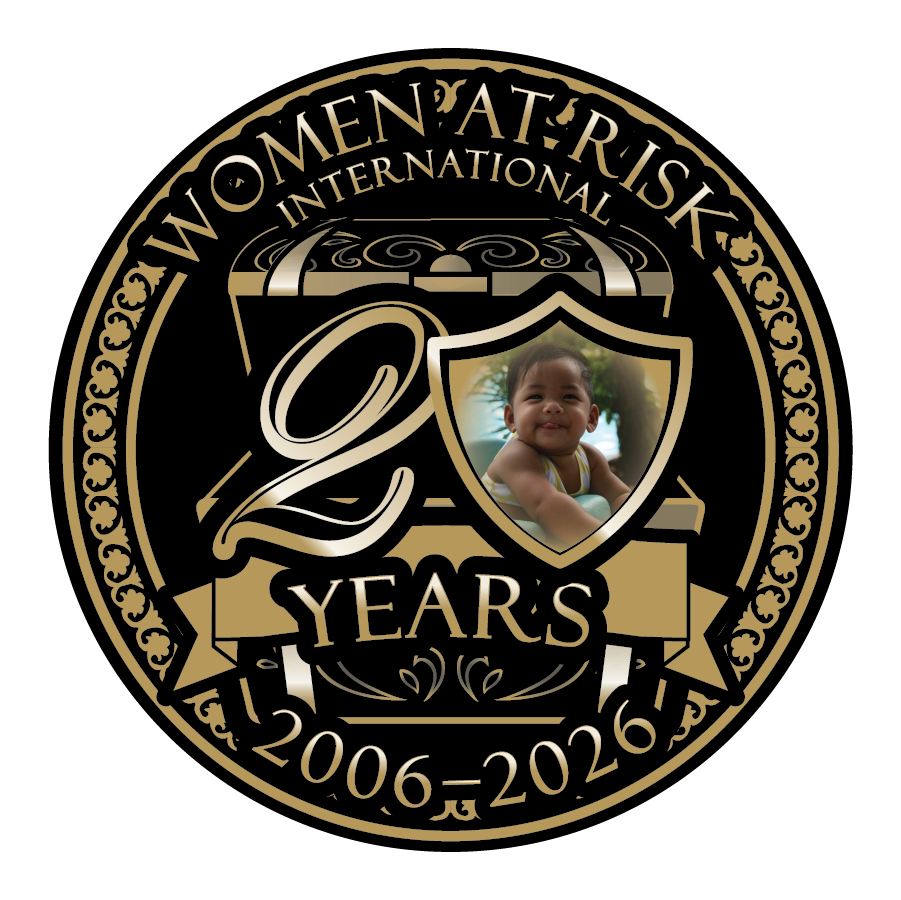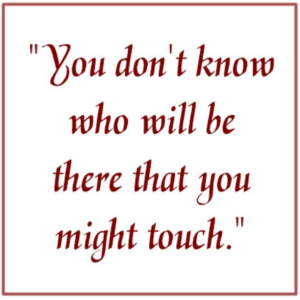January is National Human Trafficking Awareness Month
“That on the first day of January, in the year of our Lord one thousand eight hundred and sixty-three, all persons held as slaves within any State or designated part of a State…shall be then, thenceforward, and forever free.”
In 1863 in the midst of the brutal Civil War, Abraham Lincoln proclaimed the freedom of 3.1 million slaves in the United States with the bold words of the Emancipation Proclamation.
A century and a half later, slavery is not effectively abolished in the United States, nor in any other nation of the world. An estimated 50 million people live in bondage worldwide. The United States is among the top three countries of origin of victims of human trafficking. Forced labor, sex trafficking, child marriage, organ trafficking—human trafficking comes in many forms, but in the end, it means the oppression and exploitation of another.
In 2010, as awareness of human trafficking grew, and the crime itself increasingly penetrated homes and U.S. neighborhoods, President Obama dedicated the month of January to raising awareness about trafficking and providing educational resources to the public, with the intent of leveraging the average civilian in the fight against modern slavery.
The month also brings attention to the governments, organizations, law enforcement, advocates, and other entities that provide a voice and resistance to trafficking.
Women At Risk, International (WAR, Int’l) proudly joins this civilian force, lending our hands, voice, hearts, and resources to liberating and protecting wounded and vulnerable women, men, and children. Joining with partners worldwide we reach out to those entrapped; we offer paths to hope, healing, and dignity to survivors; and we teach and train at-risk and rescued women, empowering them to provide for themselves and their families.
To give a glimpse into the scope of what we face, here are a few statistics:
· Human trafficking is estimated to be the third largest criminal enterprise in the world.
· Worldwide, forced labor generates an estimated $236 billion annually. Forced commercial sexual exploitation accounts for about $173 billion.
· In 2021, G20 countries imported $468 billion worth of goods potentially produced using modern slavery.
· Global challenges such as conflict, drought, disease, and climate change create significant risk factors for human trafficking.
· Sexual exploitation accounts for 79% of human trafficking.
· Almost 20% of trafficking victims worldwide are children.
Numbers such as these should not coexist with ignorance or apathy. While there are many organizations that exist to tackle one aspect or another of modern slavery, the need far, far outweighs the resources. What can one person do? Plenty. One person may not solve the global issue, but one person can change lives forever. So what can one person reading this blog do?
Start with one of these options:
· Take WAR, Int’l’s Civilian First Responder Training Course, online or in-person. These courses teach you how to recognize signs of trafficking in your community, how to respond to and report suspicious activity, how to create a circle of protection around the vulnerable, and how to spread awareness.
· Volunteer with WAR, Int’l. Last year volunteers donated 5,122 hours of service, allowing $61,464 to go back to the organization’s mission.
· Host a Shop with Purpose Boutique. $300 supports a woman in one of our international safehouses for one month. These boutiques are an important means of raising this money.
· Donate to WAR, Int’l, to a fund of your choosing or where it is needed most.
· Visit our website to find more ideas. There are many ways to get involved with WAR, Int’l in our fight against human trafficking, and our war for the precious lives at stake.
As she wrote in her journal watching the world as she knew it crumble under evil, and uncertain whether she would survive the dark time, Anne Frank wrote, “Look at how a single candle can both defy and define the darkness.”
The darkness is heavy, but you can be a light in your community. And, if you choose, the world.



